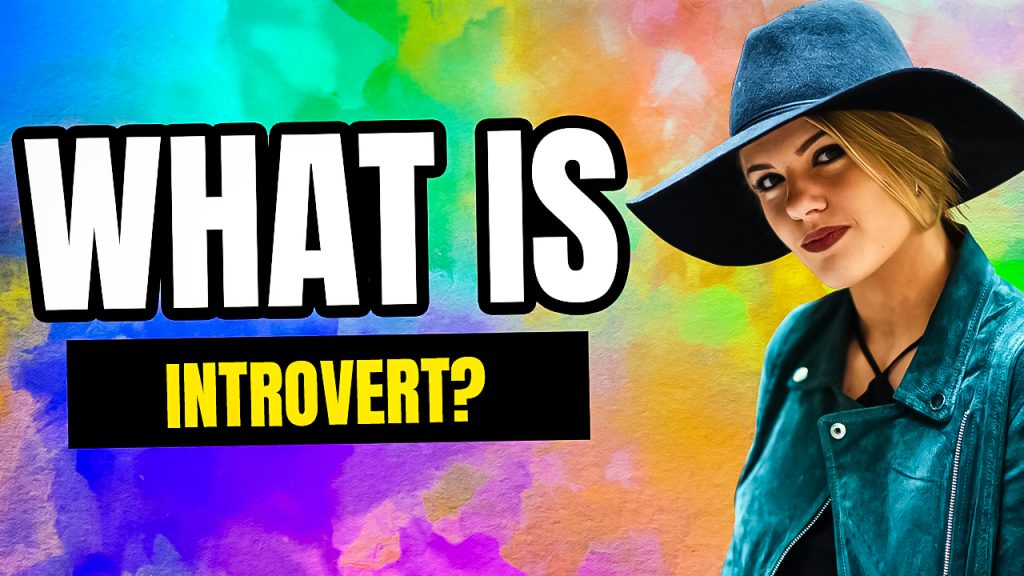
The term “introvert” has become increasingly popular in recent years. It is a label that is often used to describe people who prefer solitude and quiet activities over socializing and noisy environments. But what does it really mean to be an introvert, and how does it differ from being an extrovert?
Introversion and extroversion are two of the most fundamental personality traits that define human behavior. According to Carl Jung, a Swiss psychologist, these traits are related to how people recharge their energy levels. Introverts gain energy from spending time alone or engaging in quiet activities, whereas extroverts recharge their energy levels by being around people and participating in social activities.
Being an introvert does not necessarily mean that someone is shy or socially awkward. While introverts may feel more comfortable in quiet, intimate settings, they are still capable of enjoying social activities and making friends. However, introverts are likely to feel drained and exhausted after spending too much time in crowded or noisy environments.
One of the key characteristics of introverts is their need for solitude. Introverts enjoy spending time alone and often find it difficult to focus on a task or enjoy a quiet moment when they are surrounded by people. This need for solitude can be seen as a strength, as it allows introverts to reflect on their thoughts and recharge their energy levels. However, it can also be a source of frustration for introverts who live in a society that values extroverted qualities such as sociability and assertiveness.
Another characteristic of introverts is their preference for deep, meaningful conversations over small talk. While extroverts may enjoy chit-chatting and exchanging pleasantries with others, introverts are more interested in having conversations that are intellectually stimulating and emotionally rewarding. They may find it challenging to engage in small talk or gossip, as these activities feel superficial and meaningless to them.
Introverts also tend to be more introspective and reflective than extroverts. They are often highly self-aware and may spend a lot of time thinking about their thoughts, feelings, and experiences. This introspection can lead to a deeper understanding of oneself and others, but it can also lead to feelings of anxiety and self-doubt.
Despite the many positive qualities of introverts, there is still a stigma attached to this personality trait. In a society that values extroversion, introverts may be seen as aloof, antisocial, or even rude. This can lead to feelings of isolation and loneliness, as introverts may struggle to find like-minded individuals who appreciate their quiet, introspective nature.
It is important to recognize that introversion is not a weakness or a flaw. Introverts have a unique set of strengths and qualities that should be celebrated and valued. By understanding
and accepting these differences, we can create a more inclusive and welcoming society that embraces diversity in all its forms.
In conclusion, being an introvert means that someone gains energy from spending time alone or engaging in quiet activities. Introverts prefer deep, meaningful conversations over small talk, and they tend to be more introspective and reflective than extroverts. While there is still a stigma attached to introversion, it is important to recognize that introverts have a unique set of strengths and qualities that should be celebrated and valued. By embracing diversity in all its forms, we can create a more inclusive and welcoming society that values the contributions of all individuals, regardless of their personality traits.
This Post is Brought To You By BetterHelp